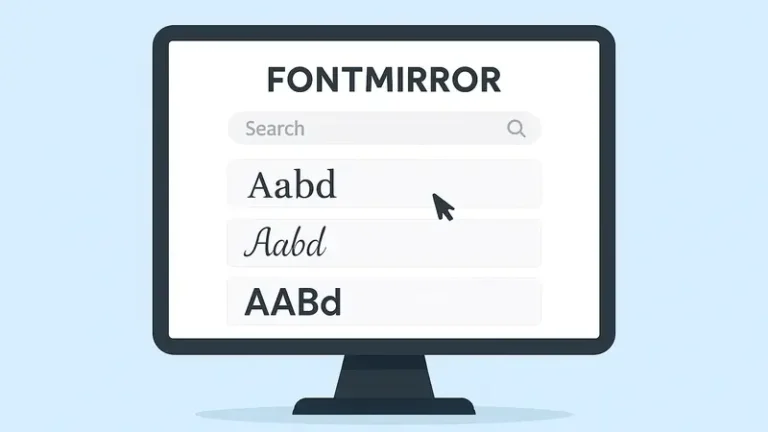
Correctly spelling the plural form of words in English can sometimes be tricky, and “business” is no exception. The word “business” is commonly used in both singular and plural forms, but understanding when and how to use its plural correctly is essential for effective communication. In this article, we will explore the correct pluralization of “business,” its different uses, possessive forms, common mistakes, and how to use it in different contexts. Additionally, we will discuss historical usage, linguistic rules, how different industries apply the term, its role in modern commerce, and its significance in global markets.
Understanding the Pluralization of “Business”
The word “business” has multiple meanings, and its pluralization depends on its usage in a sentence. In English, nouns that end in “-s” or “-ss” typically follow a specific pattern when forming their plural.
The Plural Form: “Businesses”
When referring to multiple individual commercial enterprises, the correct plural form of “business” is “businesses.”
Examples:
- “There are many successful businesses in this city.”
- “Small businesses often struggle in their first few years.”
- “The conference attracted a variety of businesses from around the world.”
The plural form “businesses” is created by adding “-es” to “business.” This follows the standard English rule for nouns ending in “-s” or “-ss”, which require “-es” to form the plural.
When “Business” Is Uncountable
In some contexts, “business” is an uncountable noun, meaning it does not have a plural form. It is used to describe commerce, trade, or work-related activities in general.
Examples:
- “She is studying business at university.”
- “The company is doing well because business is booming.”
- “He works in the real estate business.”
In these cases, “business” refers to an overall concept rather than countable entities, so it remains singular.
Possessive Forms of “Business”
In addition to knowing the correct plural, it is important to understand the possessive forms of “business.” The possessive form indicates ownership or association and changes depending on whether the noun is singular or plural.
Singular Possessive: “Business’s” or “Business’”
To show possession for a single business, the apostrophe is placed before the “s”:
Examples:
- “The business’s success depends on its marketing strategy.”
- “That business’s location is perfect for attracting customers.”
Some style guides allow dropping the extra “s” after the apostrophe (“business’”), but “business’s” is generally more common.
Plural Possessive: “Businesses’”
For multiple businesses owning something, the apostrophe is placed after the “es”:
Examples:
- “The businesses’ profits were affected by the recession.”
- “The businesses’ meeting was scheduled for next week.”
This indicates that multiple businesses collectively own something.
Common Mistakes in Using “Business” Plural Forms
English learners and even native speakers sometimes make errors when pluralizing “business” or forming its possessive forms. Here are a few common mistakes and how to avoid them:
1. Incorrect Plural Form: “Business’” or “Business’s” Instead of “Businesses”
- ❌ “There are many business’ in this area.”
- ✅ “There are many businesses in this area.”
2. Misusing the Possessive Apostrophe
- ❌ “The businesses revenue has increased.”
- ✅ “The business’s revenue has increased.” (for one business)
- ✅ “The businesses’ revenue has increased.” (for multiple businesses)
3. Using “Business” as a Countable Noun When It’s Uncountable
- ❌ “I have many business to take care of.”
- ✅ “I have a lot of business to take care of.”
Understanding these distinctions helps to avoid grammatical errors and enhances clarity in writing and speaking.
Usage of “Businesses” in Different Contexts
The plural form “businesses” is commonly used across various industries and fields. Here are a few ways different sectors use the term:
1. In Economics and Commerce
- “Businesses contribute significantly to a country’s GDP.”
- “Entrepreneurs establish new businesses to drive innovation.”
2. In Law and Regulations
- “Small businesses must comply with tax laws.”
- “Many businesses are registered as LLCs or corporations.”
3. In Technology and Startups
- “Tech businesses are evolving rapidly with AI advancements.”
- “E-commerce businesses are growing due to increased online shopping.”
4. In Social and Cultural Contexts
- “Family-owned businesses play an important role in communities.”
- “Businesses need to consider diversity and inclusion in their policies.”
5. In International Trade and Global Markets
- “Multinational businesses influence economic policies worldwide.”
- “Trade agreements impact how businesses operate across borders.”
- “Foreign investments are crucial for local businesses to expand.”
The Evolution of the Word “Business” Over Time
The term “business” has been in use since the 14th century, originating from the Old English word “bisignes”, meaning “anxiety” or “care.” Over time, its meaning evolved to refer to commercial activities and enterprises.
In modern English, “business” is widely used in various fields, from economics to technology, reflecting its adaptability and significance.
FAQs About the Plural of “Business”
1. Is “businesses” a correct word?
Yes, “businesses” is the correct plural form of “business” when referring to multiple commercial entities.
2. Can “business” be plural?
“Business” itself is singular, but its plural form is “businesses.” However, when used in an uncountable sense, it does not take a plural form.
3. What is the difference between “business’s” and “businesses’”?
- “Business’s”: Singular possessive (e.g., “The business’s profits increased.”)
- “Businesses’”: Plural possessive (e.g., “The businesses’ revenue was impressive.”)
4. Why do we add “-es” to “business” to make it plural?
In English, words ending in “-s” or “-ss” require “-es” to form the plural. This rule applies to “business,” making “businesses” the correct plural form.
Conclusion
Understanding how to spell the plural of “business” correctly is essential for clear and professional communication. Whether discussing entrepreneurship, economics, or corporate growth, knowing how to use “business” correctly enhances your command of the English language. The significance of businesses in various industries makes mastering this word crucial for professionals and students alike.
For more update please visit my website:letflix



